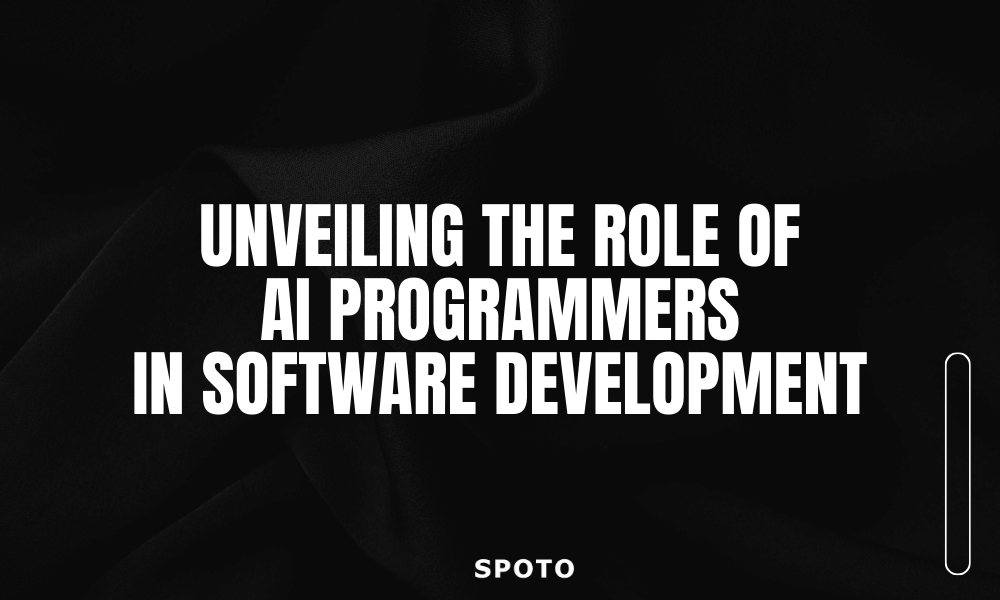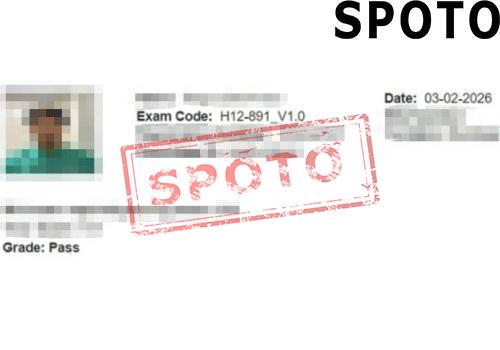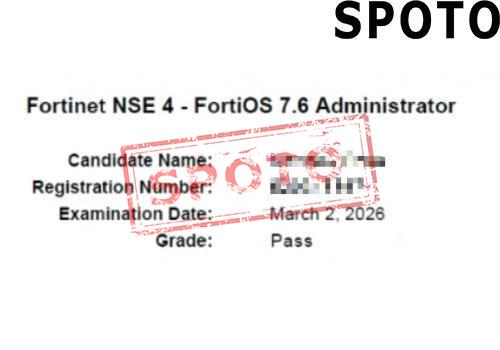
Table of Contents
Recently, the emergence of the world's first AI programmer, Devin, has prompted an intriguing question: will AI programmers snatch the jobs of traditional programmers? Let's not rush to conclusions! Although AI technology is increasingly pervasive in the programming domain, can it truly replace human programmers entirely?
Advantages of AI Programmers
With the continuous advancement of artificial intelligence technology, AI programmers, as an emerging professional group, are gradually showcasing their unique advantages in the field of software development. Compared to traditional human programmers, AI programmers possess a series of significant advantages during the development process. These advantages are not only evident in reducing human errors and enhancing development efficiency but also in other aspects.
1. Reducing Human Errors:
Human errors are one of the unavoidable issues in the software development process. Programmers may introduce errors due to negligence, fatigue, or misinterpretation during code writing. These errors can lead to abnormal software functionality, performance degradation, or even system crashes. In contrast, AI programmers have robust data processing and pattern recognition capabilities, enabling them to automatically check for potential errors in the code and provide real-time feedback during the writing process. Through machine learning algorithms, AI programmers can continuously learn and optimize their own code generation and error detection capabilities, thereby significantly reducing the probability of human errors.
2. Improving Development Efficiency:
Development efficiency is one of the key indicators of the success of software development projects. AI programmers have significant advantages in code generation, optimization, and testing, significantly enhancing development efficiency. Through automated code generation tools, AI programmers can quickly generate high-quality code, reducing the coding burden on programmers. Additionally, AI programmers can utilize machine learning algorithms to optimize code, improving software performance and stability. During the testing phase, AI programmers can automatically generate test cases and execute tests to ensure software quality and reliability. These functionalities enable AI programmers to complete a large amount of development work in a short period, thus enhancing the overall project's development efficiency.
3. Enhancing Innovation Capability:
Although AI programmers demonstrate powerful capabilities in certain aspects, human programmers still possess irreplaceable advantages in innovative thinking and imagination. However, the emergence of AI programmers does not mean the complete replacement of human programmers; instead, it can promote innovation through collaboration with human programmers. AI programmers can process vast amounts of data and information, providing human programmers with new perspectives and ideas, stimulating their innovative thinking. At the same time, human programmers can utilize the analysis results of AI programmers to identify potential problems and opportunities, thereby proposing more innovative solutions.
4. Addressing Complexity and Uncertainty:
Challenges of complexity and uncertainty often arise during the software development process. Traditional programming methods may prove inadequate in addressing these issues. However, AI programmers can leverage technologies such as machine learning and deep learning to model and analyze complex systems, uncovering potential patterns and regularities. This capability endows AI programmers with unique advantages in addressing complexity and uncertainty, enabling them to better adapt to the ever-changing development environment.
5. Promoting Team Collaboration and Communication:
In software development projects, teamwork and communication are crucial. AI programmers can facilitate smoother communication and collaboration with human programmers through natural language processing and other technologies. AI programmers can understand the intentions and requirements of human programmers, providing targeted suggestions and solutions. Moreover, AI programmers can automatically record and analyze information during the development process, helping team members better understand project progress and existing issues. This intelligent collaboration approach can enhance team efficiency and quality, facilitating smooth project execution.
In summary, AI programmers possess advantages such as reducing human errors, improving development efficiency, enhancing innovation capability, addressing complexity and uncertainty, and promoting team collaboration and communication. These advantages indicate vast potential and development prospects for AI programmers in the field of software development.
Limitations of AI Programmers
AI programmers indeed face certain limitations in areas such as creativity, abstract thinking, and emotional understanding, making it difficult for them to fully replace human programmers in some respects.
Firstly, creativity poses a significant challenge for AI programmers. While AI can learn and mimic human programming patterns and styles, it lacks genuine innovative thinking and imagination. In software development, creativity often manifests in unique design concepts, innovative algorithm implementations, and novel problem-solving approaches. AI programmers can typically only generate code based on existing data and algorithms, lacking the ability to propose entirely new and groundbreaking ideas like human programmers can.
Secondly, abstract thinking is also a limitation for AI programmers. Software development often involves dealing with complex concepts and problems, requiring programmers to have a high level of abstract thinking ability. Human programmers can understand and solve abstract problems through experience and intuition, whereas AI programmers rely more on predefined algorithms and models. When faced with some unstructured and abstract problems that require deep understanding, AI programmers may struggle to make accurate judgments and decisions.
Lastly, emotional understanding is another notable shortfall for AI programmers. Software development is not just a process of technical implementation but also involves interaction and communication with users. Human programmers need to understand users' needs and expectations and consider their emotional experiences when writing code. However, AI programmers lack emotional intelligence and cannot truly understand or empathize with users' emotional needs. This may result in software developed by AI programmers lacking in user experience and interaction.
In conclusion, despite playing a certain role in software development, AI programmers still have limitations in creativity, abstract thinking, and emotional understanding. These limitations make it difficult for AI programmers to fully replace human programmers. Instead, they serve more as auxiliary tools, collaborating with human programmers to enhance development efficiency and quality.
The Impact on the Programmer Profession
The emergence of AI programmers has brought about complex and multi-dimensional impacts on the programmer profession, potentially leading to both the risk of job reduction and the promotion of transformation and upgrading in the programmer career.
Firstly, the efficiency of AI programmers in automating tasks such as code generation, testing, and deployment may indeed lead to the automation of some simple, repetitive programming tasks. This implies that some junior programmers or those engaged in basic programming work may face the risk of job reduction. However, this reduction is not a complete replacement but rather liberates programmers from tedious repetitive tasks, allowing them more time to focus on more complex and creative work.
Secondly, the emergence of AI programmers will drive the transformation of the programmer profession. With the advancement of technology, programmers need to continually improve their skill levels to adapt to new programming environments and requirements. The emergence of AI programmers requires programmers to not only master basic programming skills but also possess interdisciplinary knowledge such as data science and machine learning. Therefore, programmers need to continuously learn new knowledge and technologies to adapt to the programming demands of the AI era.
Furthermore, collaboration between AI programmers and human programmers will become the mainstream trend in the future. AI programmers excel at handling large amounts of data and executing complex computations, while human programmers excel in innovative thinking and problem-solving. By combining the strengths of both, more efficient and intelligent software products can be developed. Therefore, programmers need to learn to work collaboratively with AI programmers, leveraging each other's strengths to achieve better programming results.
In summary, the emergence of AI programmers will not completely replace human programmers but rather bring about the transformation and upgrading of the programmer profession. Programmers need to continuously improve their skill levels to adapt to new programming environments and requirements, while also learning to work collaboratively with AI programmers to jointly promote the development of the software industry. In this process, the programmer profession will become more diverse and sophisticated, providing more possibilities for future technological development.
Conclusion
Facing the challenges and opportunities of the AI era, both individual programmers and the entire industry need to actively adjust and adapt. Below are suggestions for the personal development of programmers and the industry as a whole, to better cope with future changes:
Personal Development Suggestions for Programmers:
1. Continuous Learning
With the rapid development of technology, programmers should always maintain a learning mindset to master new programming languages, frameworks, and tools. Additionally, they should also pay attention to interdisciplinary fields such as data science and artificial intelligence to broaden their knowledge boundaries.
2. Enhance Comprehensive Abilities
In addition to programming skills, programmers should also focus on improving their communication skills, teamwork abilities, and problem-solving skills. These comprehensive abilities are crucial in project management, teamwork, and understanding customer requirements.
3. Foster Innovative Thinking
In the AI era, the ability to innovate is an important criterion for measuring the value of programmers. Programmers should try to think about problems from different perspectives, dare to propose new ideas and solutions, and contribute to the continuous advancement of technology.
4. Follow Industry Trends
Understanding the development dynamics and trends of the industry can help programmers better grasp the future direction of development. Paying attention to emerging technologies, market demands, and competitive landscapes provides strong support for their career planning.










